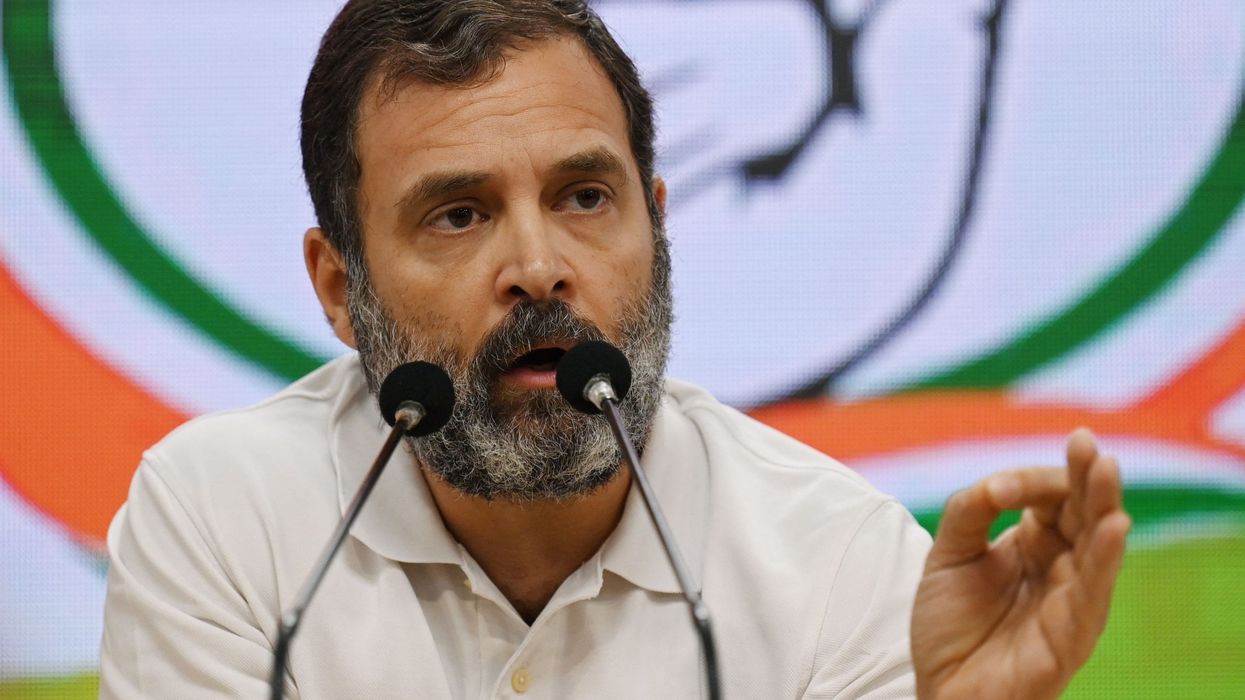India's fragmented opposition is setting aside differences to challenge Prime Minister Narendra Modi for the first time in years, potentially posing a significant threat to his dominance in the 2024 national elections - if they can maintain their unity.
In response to Rahul Gandhi's conviction, 14 political parties have come together to petition the Supreme Court, alleging that federal investigative agencies are selectively targeting opposition groups. The court has scheduled a hearing for the plea on April 5th.
"We are realizing that this atmosphere is very, very dangerous and we have to come out of this evil atmosphere," KC Venugopal, Congress MP and a close aide of Gandhi, told Reuters.
"It is too early to announce any coalition...but we are trying to get together and now we are very comfortable with each other."
The challenge of maintaining unity remains uncertain.
According to opposition politicians, the disqualification of Gandhi and the potential for his imprisonment is further proof of the Modi government's strong-arming tactics.
This follows a pattern of investigations and legal issues faced by other opposition parties in recent months.
Despite winning two successive general elections, Modi's Bharatiya Janata Party (BJP) does not hold a majority vote, leaving them vulnerable to a united opposition.
Mamata Banerjee, the chief minister of West Bengal and leader of the Trinamool Congress party - the fourth largest party in parliament - urged for a united opposition to challenge the right-wing BJP led by Modi in the 2024 elections. This statement is a shift from her earlier stance of her party contesting alone.
Trinamool MP Sukhendu Sekhar Roy stated that the Modi government's fascist actions have provided an opportunity for opposition parties to unite, Reuters informed.
In the upcoming weeks, opposition parties plan to protest together inside and outside of parliament, court arrest, and develop strategies to counter the BJP across the country.
In the 2019 election, the 14 main opposition parties secured 39% of the national vote and won 160 seats in the 542-member parliament, while the BJP alone received 38% of the votes but won 303 seats in the first-past-the-post system.
However, there are indications that forming a lasting unity will be challenging. A senior leader from the ruling Aam Aadmi Party (AAP) in Delhi and Punjab anonymously stated that Congress cannot be the primary opposition leader and will have to yield space to other groups in an alliance.
The Samajwadi Party, the primary opposition party in Uttar Pradesh, India's largest state, has expressed similar sentiments. In 2019, the party's alliance with Congress was unsuccessful.
Also, other opposition leaders stated that their unity would rely heavily on Congress's willingness to adjust to regional political parties and take a subordinate role in states where it no longer has a significant following.
The only triumph of a united opposition was in the 1977 general election, when a coalition of parties from across the political spectrum defeated the ruling Congress. Nevertheless, the alliance of major parties such as Trinamool, Samajwadi, AAP, and the Bharat Rashtra Samithi in Telangana is a political transformation, as these parties have traditionally opposed Congress on various topics.
Despite a divided opposition, Modi remains immensely popular with high approval ratings after nine years in power and is expected to easily secure a third term. Nalin Kohli, the BJP's national spokesperson, argues that opposition parties cannot be united solely on an anti-Modi or anti-BJP platform due to their diverse aspirations, ambitions, and positions.
While there have been attempts to form a united front in parliament, it has never lasted beyond a brief period or a few weeks, he added.
(With inputs from Reuters)




